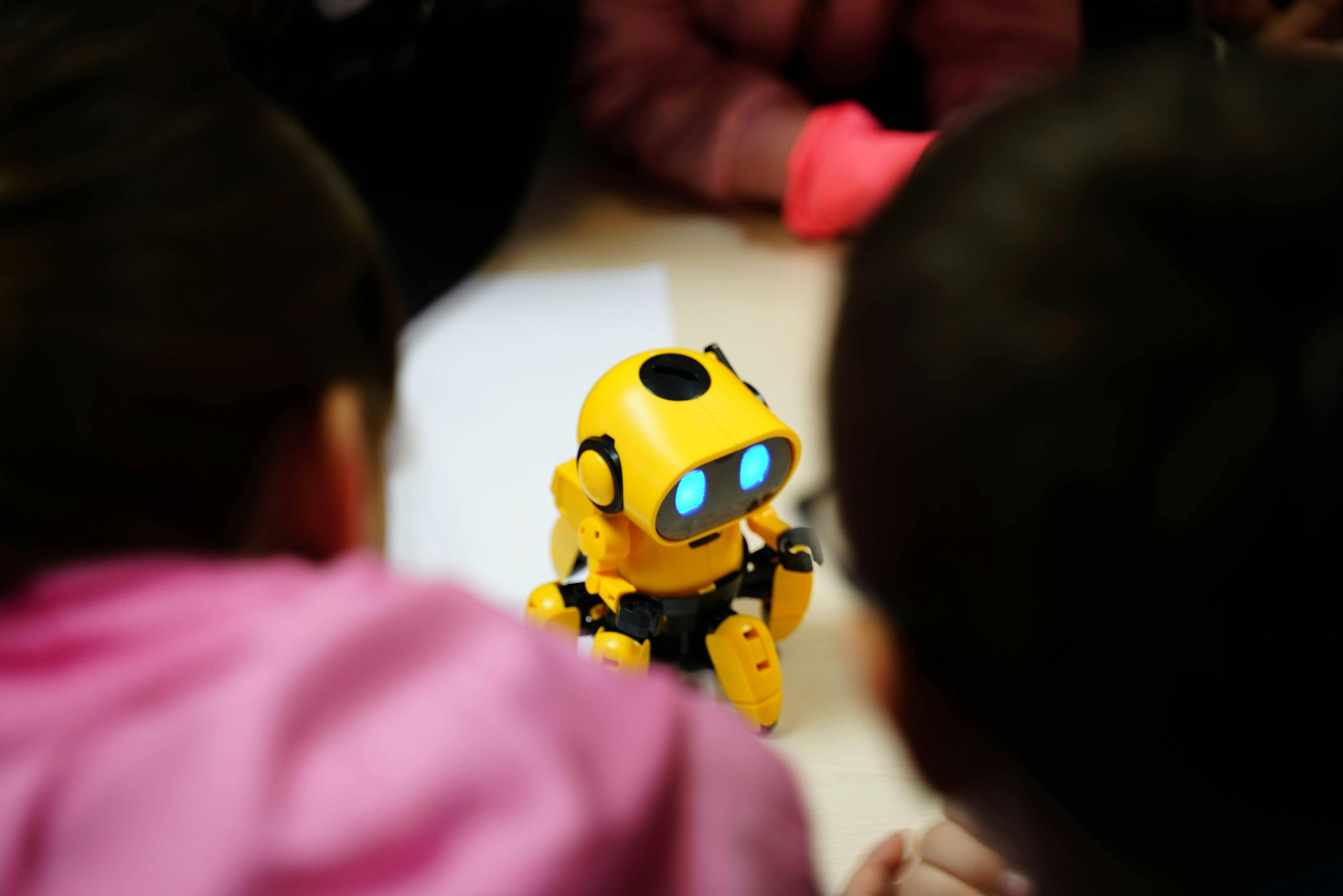The Role of AI in Special Education
In recent years, the use of artificial intelligence (AI) has revolutionized many industries, including education. In the field of special education, AI has proven to be a valuable tool in assisting educators and students alike. With its ability to analyze data, provide personalized learning experiences, and improve communication, AI has opened up new possibilities for students with special needs. In this article, we will explore the various ways in which AI is transforming special education and the role it plays in creating a more inclusive and effective learning environment.
The Use of AI in Special Education
AI refers to the simulation of human intelligence processes by machines, particularly computer systems. This technology is capable of learning, reasoning, and problem-solving, making it a valuable asset in the education sector. In special education, AI has proven to be particularly helpful in addressing the unique needs of students with disabilities or learning difficulties.
Personalized Learning
One of the main benefits of AI in special education is its ability to provide personalized learning experiences for students. With its powerful algorithms, AI can analyze a student’s strengths, weaknesses, and learning style to create a personalized curriculum that caters to their specific needs. This not only helps students to better understand and retain information, but it also boosts their confidence and motivation.
For example, a speech AI can be used to assist students with language impairments by providing personalized pronunciation practice and feedback. Similarly, AI-based reading programs can adapt to a student’s reading level and provide engaging materials at an appropriate pace, which is particularly helpful for students with dyslexia or other reading difficulties.
Data Analysis and Progress Tracking
Another valuable aspect of AI in special education is its ability to analyze large amounts of data and track student progress. By analyzing patterns in student performance, AI can identify areas where students are struggling and provide targeted interventions to help them improve.
Additionally, AI tools can track student progress and provide real-time feedback to both students and teachers. This allows educators to make timely adjustments to teaching methods and monitor the effectiveness of interventions. By doing so, AI helps educators to identify and address learning difficulties early on, leading to better outcomes for students.
Challenges and Limitations
While the use of AI in special education has many benefits, there are also some challenges and limitations to consider. The most significant concern is the potential for AI to reinforce existing biases and inequalities. If the data used to develop AI systems is biased, it can lead to discriminatory outcomes for certain groups of students.
Another limitation is the cost of implementing AI systems in special education. The technology and training required can be expensive, making it difficult for some schools and districts to adopt AI tools. There is also a learning curve for teachers and students, as they need to adapt to new technologies and integrate them into their learning routines.
The Future of AI in Special Education
Although there are still challenges to overcome, the potential for AI in special education is immense. As technology continues to advance, we can expect to see even more innovative uses of AI to support students with special needs. Some experts predict that AI will be able to predict learning difficulties early on and provide early interventions, leading to better outcomes for students.
Furthermore, AI has the potential to bridge the gap between special education and general education by making accommodations and adaptations more seamless. With AI, students with disabilities can access the same curriculum and learning materials as their peers, creating a more inclusive learning environment.
Conclusion
The role of AI in special education cannot be overstated. From providing personalized learning experiences to tracking student progress and promoting inclusion, AI has transformed the way we approach education for students with disabilities. However, it is essential to address the challenges and limitations to ensure that AI is used ethically and effectively. With continued research and development, AI has the potential to revolutionize special education and create a more inclusive and equitable learning environment for all students.









